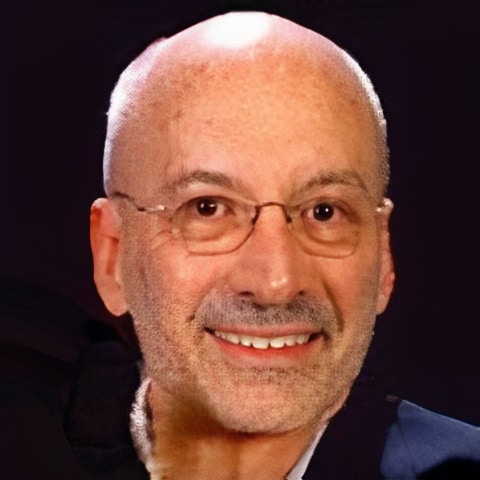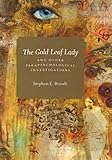Stephen E. Braude, Ph.D. is Professor of Philosophy and Chair of the Department at the University of Maryland Baltimore County. He is Editor-in-Chief of the Journal of Scientific Exploration.
He studied Philosophy and English at Oberlin College and the University of London, and in 1971 he received his Ph.D. in Philosophy from the University of Massachusetts at Amherst.
After publishing a number of articles in the philosophy of language, temporal logic, and the philosophy of time, he turned his attention to several related problems in the philosophy of science and the philosophy of mind – in particular, questions concerning causality, scientific explanation generally, and psychological explanation specifically. One of his overriding concerns was to demonstrate the inadequacy of mechanistic theories in psychology and cognitive science.
Prof. Braude also examined the evidence of parapsychology to see whether it would provide new insights into these and other traditional philosophical issues.
After that, he shifted his focus to problems in philosophical psychopathology, writing extensively on the connections between dissociation and classic philosophical problems as well as central issues in parapsychology – for example, the unity of consciousness, multiple personality and moral responsibility, and the nature of mental mediumship.
Prof. Braude is past President of the Parapsychological Association and is the recipient of several grants and fellowships, including Research Fellowships from the National Endowment for the Humanities and the BIAL Foundation in Portugal. He has published more than 60 philosophical essays in such journals as Noûs; The Philosophical Review; Philosophical Studies; Analysis; Inquiry; Philosophia; Transactions of the Charles S. Peirce Society; Philosophy, Psychiatry and Psychology; Social Philosophy and Policy; New Ideas in Psychology; The Journal of Scientific Exploration; and The Journal of Trauma and Dissociation.
He has written five books: ESP and Psychokinesis: A Philosophical Examination (Temple University Press, 1979; revised edition, Brown Walker Press, 2002); The Limits of Influence: Psychokinesis and the Philosophy of Science (Routledge, 1986; revised edition, University Press of America, 1997); First Person Plural: Multiple Personality and the Philosophy of Mind (Routledge, 1991; revised edition, Rowman & Littlefield, 1995); and Immortal Remains: The Evidence for Life After Death (Rowman & Littlefield, 2003); and most recently, The Gold Leaf Lady and Other Parapsychological Investigations, which describes Prof. Braude’s own encounters with the paranormal.









